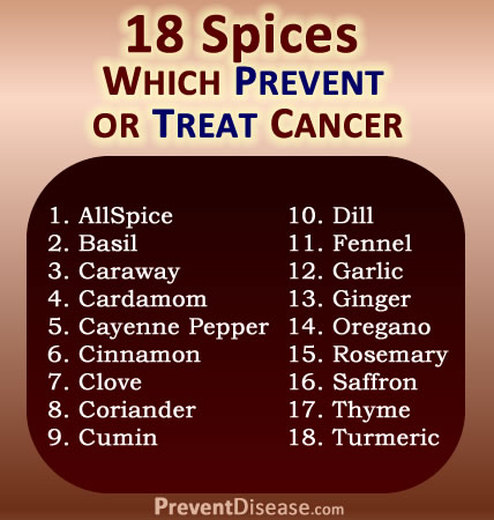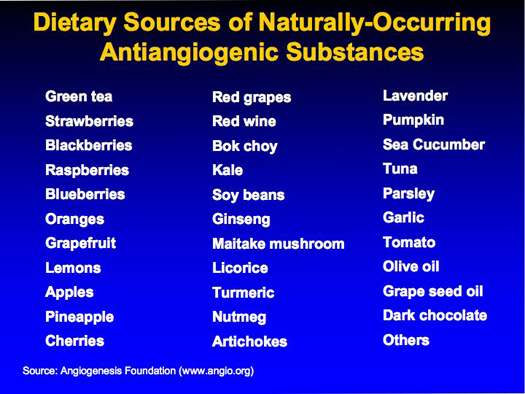Anti-cancer diet
A friend of mine was interested in having a specific anti-cancer diet written up. I am going to work with them and come up with a diet that will work for them that they can follow, and adapt what is written here with their feedback.
The diet is based on most of the principles found on the diet page, and most of the information I am using is already explained there, but this will be further adapted towards fighting cancer to give the best chance of fighting it off.
The principles of this diet (and why) are:
The challenge is to rank foods that fit into all of these categories, here is a collection of information to determine that.
The diet is based on most of the principles found on the diet page, and most of the information I am using is already explained there, but this will be further adapted towards fighting cancer to give the best chance of fighting it off.
The principles of this diet (and why) are:
- Paleolithic (Avoid processed foods, and corrupted agricultural foods with pesticides or a "grainivore" diet)
- Remove all body imbalances to give it the best shot at health under normal conditions. Pesticides are essentially biological warfare as covered in the diet page, and grains contain indigestible elements, as well, animals eating a lot of grains end up having unbalanced omega-3 and omega-6 fatty acids which causes health problems in humans. Note that caffeine is a pesticide.
- Ketogenic cyclic (Low carb diet, but with a cyclic break to refeed depleted glycogen stores)
- Most cancer cells rely solely on glucose for food, this is called the Warburg effect. If you limit glucose intake, there will be less sugar available for cancer cells. Normal cells will not starve as they can eat fatty acids and ketones. This will partially starve the cancer and in most cases limit it's growth. The effectiveness correlates to the metabolic response. The lower you can get the insulin and the higher you can get the ketone levels, the better. If you only produce a small effect, you will only be slowing it down, to reverse it there has to be a large metabolic effect.
- This includes avoiding alcohol, which is the recognized cause of 4-6% of cancers.
- Anti-angiogenic (To cause blood vessels to retract from low priority areas, such as tumors and fat)
- Here is a list of highly anti-angiogenic foods: (Note that some have a high glycemic index and are not ketogenic)
Green tea, Berries, Citrus, Apples, Pineapple, Cherries, Red grapes, Kale, Bok Choy, Maitake mushrooms, Turmeric, Nutmeg, Licorice, Artichokes, Lavender, Parsley, Pumpkin, Tuna, Garlic, Tomatoes (cooked) and tomato paste in particular as all the cell walls have been broken down, Olive oil, Grapeseed oil, Pomegranate.
- Affordable
- Convenient (Many diets fail as they are too much trouble)
- Define snack foods and have them easily available. (Nuts are a good choice)
- Make a big meal in a pot that can be eaten over several days, or frozen and reheated.
- Mostly vegetarian (Vegetarian diets have been shown to have 8 times more cancer fighting properties)
- Tasty (Diets can fail as they are too bland and boring)
- As sweet foods are not allowed, most dishes will need to have a high fat content to be satisfying. So long as it's the right type of fat, that's fine. Avocadoes and olives are a good example of satisfying high fat foods.
- Spices, lots of spices, including sea salt. No table salt and not an excess of salt either. Some spices will even have health benefits of their own.
- Weight targeting - reduce until most gut fat gone. Fat elsewhere is fine.
- Slightly different diet for when above the target weight or at the target weight.
- ph balanced (Aiming for a body ph of 7 or slighly above)
- Includes exercise - 60 minutes of moderate exercise a day (for 60 minutes a day you are breathing somewhat heavily)
The challenge is to rank foods that fit into all of these categories, here is a collection of information to determine that.
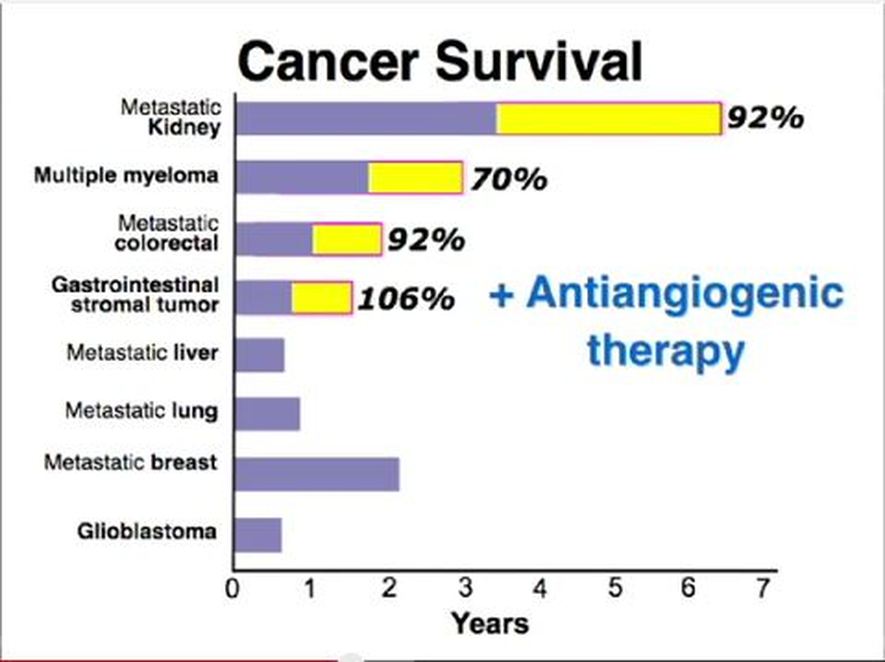
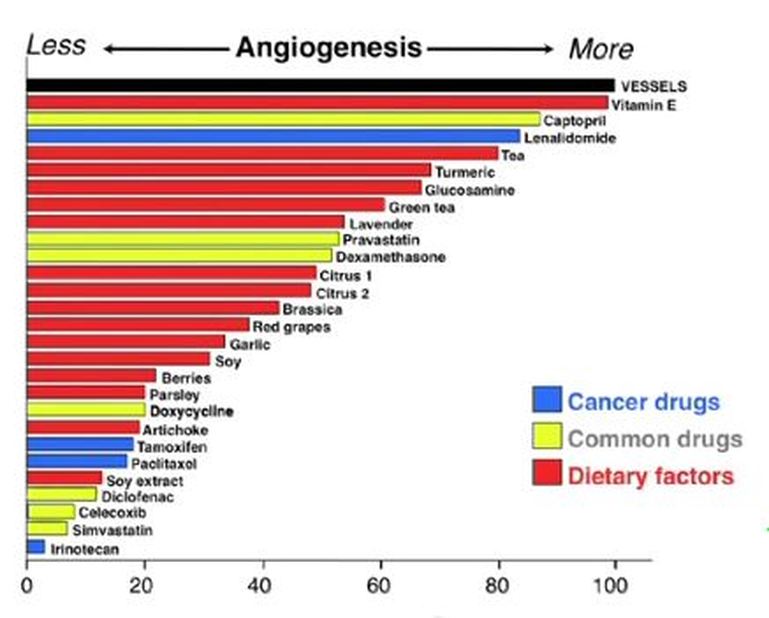
Anti-angiogenic foods should be included in moderation, too much could cause too great a withdrawal of blood vessels from important parts of the body as well.
What to buy organic? Not everything is high in pesticides.
What to buy organic? Not everything is high in pesticides.
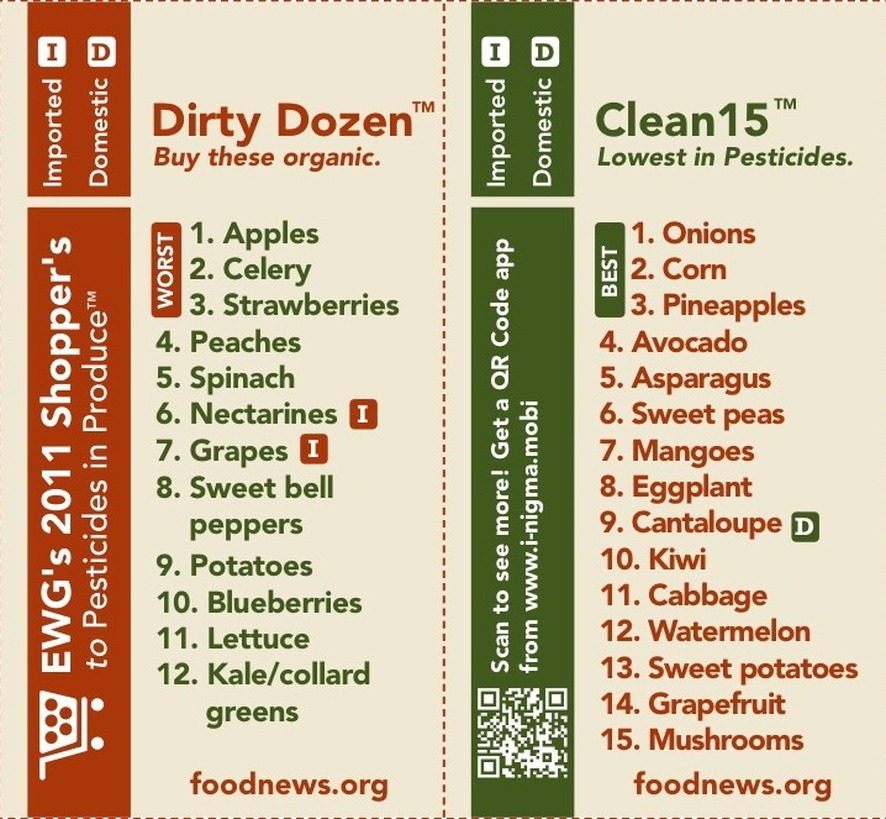
A list of what to eat: Tomatoes, cucumbers, flaxseed oil (for salads or cold dishes), canola oil for cooking, celery, bell peppers, eggplants, asparagus, artichokes, okra, avocados, lettuce, spinach, collard greens, kale, beet top, mustard greens, dandelion, swiss chard, watercress, turnip greens, seaweeds, endive, arugula (rocket), bok choy, rapini, chicory, radicchio, carrots, beets, turnips, parsnips, rutabaga, radish, jerusalem artichokes, cassava, butternut squash, spaghetti squash, acorn squash, pumpkin, buttercup squash, zucchini, yellow summer squash, yellow crookneck squash, bananas, apples, oranges, berries (strawberry, cranberry, cranberry, blueberry, blackberry), grapefruit, pears, peaches, nectarines, plums, pomegranates, pineapple, papaya, grapes, cantaloupe, cherries, apricot, watermelon, honeydew melon, kiwi, lemon, lime, lychee, mango, tangerine, coconut, figs, dates, passion fruit, persimmon, pistachios, brazil nuts, sunflower seeds, sesame seeds, pumpkin seeds (pepitas), pecans, walnuts, pine nuts, macadamia nuts, chestnuts, cashews, almonds, hazelnuts, button mushroom, portobello, oyster mushroom, shiitake, chanterelle, crimini, porcini, parsley, thyme, lavender, mint, basil, rosemary, chives, tarragon, oregano, sage, dill, bay leaves, coriander, crab, lobster, shrimps, scallops, clams, oysters, mussels, mackerel, lake trout, herring, sardines, albacore tuna, salmon, wild game or grass fed animals (avoid grain fed)
